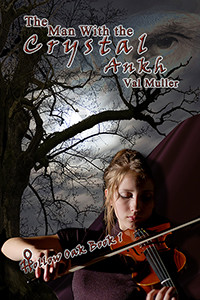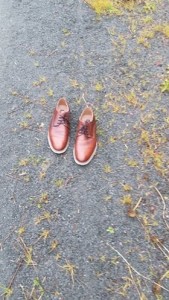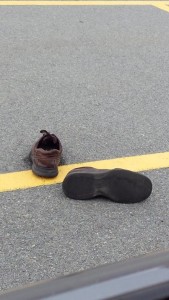Welcome to the Spot Writers. This month’s prompt is to use the following five words in a writing: marble, TV, evil, butcher, couch.
This week’s post comes from Dorothy Colinco, a new member of the Spot Writers. Visit her new blog for flash fiction, short stories, and book-related news. Stay tuned for a Holiday Gift Guide that will be shared in early December!
Reaching
By Dorothy Colinco
She recognized a backhanded compliment when she heard one. As hard as Ms. Wang tried to couch her criticism in her fake, cloying, positive, growth-mindset crap, Vivienne detected the undercurrent of disapproval in the written comments on her essay.
“Insightful comment – why do you think the author made this stylistic choice? I’d be interested in your interpretation.”
Which basically translated to: “You didn’t explain this enough, and it’s clear you know nothing about analysis; otherwise, you would’ve expressed it here. Nice try, genius.”
Vivienne looked up at Ms. Wang, who was standing in front of the room, leaning on her desk in a pose that was supposed to emit an air of ease and nonchalance but only made her muffin top more pronounced. Her eyes flitted down at Ms. Wang’s tights. Her outfits, on the surface, were well put together, but Vivienne knew to look for the short white dog hairs. When she saw those tiny flecks of imperfection sticking out of the “hip” teacher’s tights, a slight grin of satisfaction spread over her mouth. She glanced up and found Ms. Wang smiling at her with eager eyes, that stupid look that was supposed to be encouraging and warm. Vivienne returned the look with a smile that flashed her porcelain teeth, but her eyes remained as cold and hard as marble.
Wang. Fang. Bang. Hang. Dang, girl! Sang. Tang. Yin and Yang. Vivienne butchered her name a hundred times before the bell rang. RANG. The whole time, Ms. Wang walked around the room, spouting something about themes in the book they just read, but Vivienne didn’t hear a word, as if Ms. Wang was a muted TV, a mere backdrop to Vivienne’s thoughts.
As everyone stood to pack up and leave, Vivienne glanced at the essay, splotches of green in the margins, green instead of red to promote conversation rather than criticism, another one of Ms. Wang’s positivity gimmicks. Vivienne didn’t think green was any more positive than red. If anything, green symbolized evil.
She was about to cram the stapled pages into her backpack, but at the last moment, she decided to leave it on her desk – a silent protest. A “positive” protest against cold criticism in the form of rhetorical questions disguised as conversation starters.
She rushed past her brownnoser classmates who were all wishing Ms. Wang a great weekend. She hoped Ms. Wang would notice that she left without a word.
—-
After the students had all left, Ms. Wang took a deep sigh of contentment. What a great class. The lesson was a huge success. The pacing was perfect. The kids were so invested in the warmup writing assignment. She reflected on the day as she went around the room aligning chairs with the tiles on the floor. She would stop by the guidance office today to check in on a student who had been absent for two days now.
She came across an essay that was left on a desk. It was Vivienne’s. Ms. Wang smiled at the thought of the bright girl, a promising writer. Hers had been the most insightful essay in not just this class but the whole grade. She recalled Vivienne during class today. Deep in thought, nodding her head along with the discussion of themes in a literary work. That was a student who got it – who understood that literature was about more than just enjoying or not enjoying a book. She saw the lightbulb go off in Vivienne’s head when she told the class today, “Literature holds a mirror up to humanity and reflects back to us who we really are.”
Those were the moments she lived for. Vivienne would want this masterpiece back. Ms. Wang tucked the essay into a folder on her desk, but not before clutching it to chest. It was a physical manifestation of her hard work and dedication. Everyone knew that teachers weren’t paid well, at least not in dollars. But they were paid in moments like this, moments that reminded them of their meaningful work. The dreaded first year hadn’t been bad at all so far. She was doing it. She was reaching these kids.
The Spot Writers—Our Members:
Val Muller: https://valmuller.com/blog/
Catherine A. MacKenzie: https://writingwicket.wordpress.com/wicker-chitter/
Dorothy Colinco. www.dorothycolinco.com
CaraMarie Christy: https://calamariwriting.wordpress.com/
 ‘m excited about an upcoming moment–the release of my latest young adult novel, The Man with the Crystal Ankh.
‘m excited about an upcoming moment–the release of my latest young adult novel, The Man with the Crystal Ankh. 







